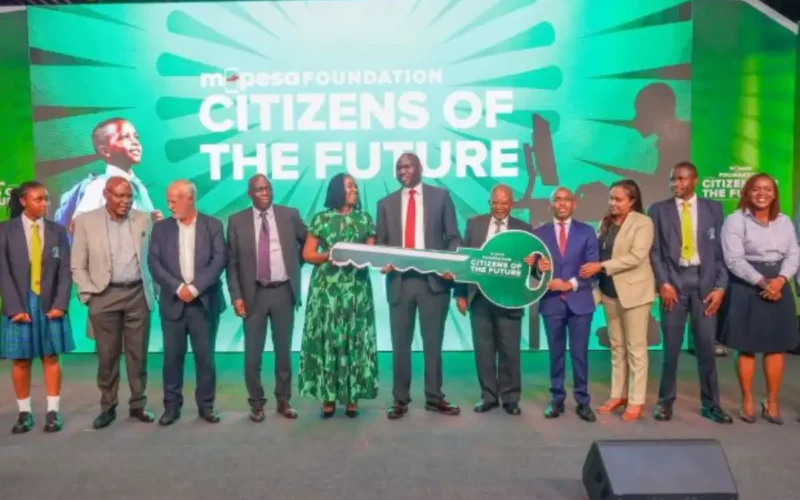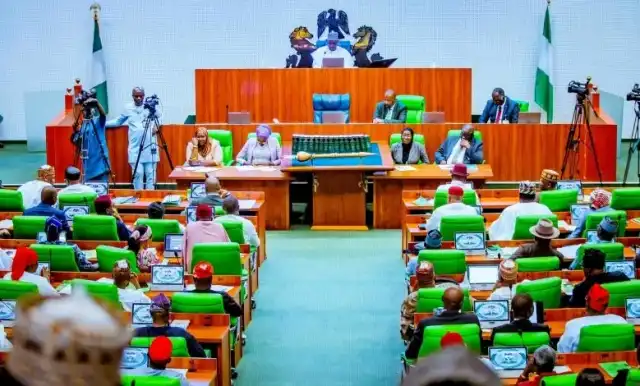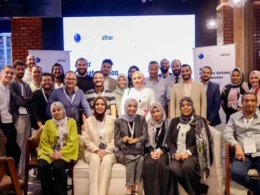The M-PESA Foundation has launched Citizens of the Future, a groundbreaking five-year education programme designed to revolutionize learning across Kenya through technology integration, infrastructure improvement, and expanded educational opportunities for students and teachers nationwide.
The ambitious initiative represents one of the Foundation’s most comprehensive efforts to modernize Kenya’s education system and prepare learners for the demands of the digital age. By focusing on both access and quality, the programme aims to nurture a generation of innovators, leaders, and changemakers capable of driving Kenya’s social and economic development.
Programme Overview: Building Schools of the Future
The Citizens of the Future programme encompasses three core pillars that will reshape educational delivery across Kenya:
1. Infrastructure Transformation
The Foundation will upgrade more than 600 schools and tertiary institutions across the country, transforming them into modern, tech-enabled learning environments. These upgrades will include digital infrastructure, improved facilities, and technology integration that aligns with contemporary educational standards.
This massive infrastructure overhaul aligns with Safaricom PLC’s vision of creating inclusive, tech-driven “Schools of the Future” — institutions equipped to prepare students for a rapidly evolving global economy.
2. Scholarship Programme
The initiative will create over 10,000 scholarships, dramatically expanding access to quality education for deserving students across Kenya. These scholarships will target students from underserved communities, ensuring that financial constraints don’t limit educational potential.
This focus on educational equity reflects the Foundation’s commitment to inclusive development and aligns with Kenya’s broader goals of achieving universal quality education as outlined in the country’s Vision 2030 development blueprint.
3. Teacher Training and Digital Skills Development
Recognizing that quality education requires quality educators, the programme will equip teachers with essential digital skills and modern pedagogical approaches. This capacity-building component ensures that Kenya’s teaching workforce can effectively leverage technology to enhance learning outcomes.
The digital skills training for teachers addresses a critical gap in Kenya’s education system, where many educators lack the technological proficiency needed to deliver 21st-century education effectively.
Safaricom’s Commitment to Social Impact
According to Safaricom PLC, the parent company of M-PESA, Citizens of the Future represents a major milestone in leveraging technology for social impact. The telecommunications giant has consistently demonstrated that corporate success can be aligned with community development, and this programme reinforces that commitment.
The initiative builds on M-PESA’s legacy of financial inclusion, extending the platform’s transformative impact from mobile money services into the education sector. By applying the same innovation mindset that revolutionized financial services, the Foundation aims to catalyze similar transformation in education.
Building on a Legacy of Impact
The M-PESA Foundation has an established track record of supporting education, health, and economic empowerment projects across Kenya. Previous initiatives have included:
- Building and supporting learning institutions
- Healthcare facility construction and upgrades
- Clean water and sanitation projects
- Youth empowerment programmes
- Community development initiatives
However, Citizens of the Future marks the Foundation’s most comprehensive education-focused effort to date, signaling a strategic shift toward systemic transformation rather than isolated interventions.
Addressing Kenya’s Educational Challenges
The programme comes at a critical time for Kenya’s education sector, which faces several challenges:
- Digital divide between urban and rural schools
- Infrastructure gaps in many public institutions
- Teacher capacity limitations in technology integration
- Access barriers for students from low-income backgrounds
- Growing demand for STEM education and digital literacy
By addressing these challenges holistically, Citizens of the Future positions Kenya’s education system to better compete globally and produce graduates equipped for the fourth industrial revolution.
Technology as an Equalizer
Central to the programme’s philosophy is the belief that technology can democratize education. By bringing digital tools and connectivity to schools across Kenya, the initiative aims to:
- Provide equal access to quality learning resources
- Enable remote and blended learning opportunities
- Connect Kenyan students to global educational content
- Foster digital literacy from an early age
- Prepare students for tech-driven careers
This approach aligns with global trends in educational technology and positions Kenya as a leader in Africa’s digital education transformation.
Long-Term Vision: Nurturing Changemakers
Beyond infrastructure and access, Citizens of the Future focuses on cultivating essential skills for future leadership:
- Critical thinking and problem-solving abilities
- Innovation and entrepreneurship mindset
- Digital literacy and technological proficiency
- Leadership and civic responsibility
- Adaptability in rapidly changing environments
These competencies align with what employers and higher education institutions increasingly demand, ensuring that programme beneficiaries are not just educated but truly career-ready.
Measuring Success
Over the next five years, the M-PESA Foundation will track key performance indicators including:
- Number of schools upgraded and modernized
- Scholarships awarded and completion rates
- Teachers trained in digital pedagogy
- Student learning outcomes and performance improvements
- Graduate employment and higher education placement rates
This data-driven approach ensures accountability and allows for continuous programme refinement based on measurable impact.
A Model for Corporate Social Responsibility
Citizens of the Future exemplifies how corporate social responsibility can extend beyond philanthropy to create systemic change. By leveraging its technological expertise and resources, Safaricom demonstrates that businesses can be powerful agents of social transformation.
The programme also showcases the potential of mobile technology companies to impact sectors beyond telecommunications, using connectivity and digital innovation to address fundamental development challenges.













Comments 1